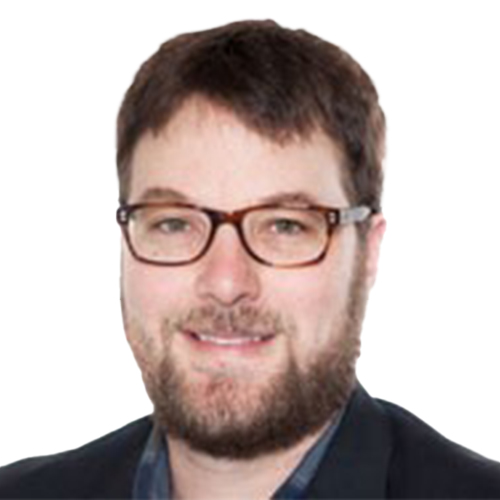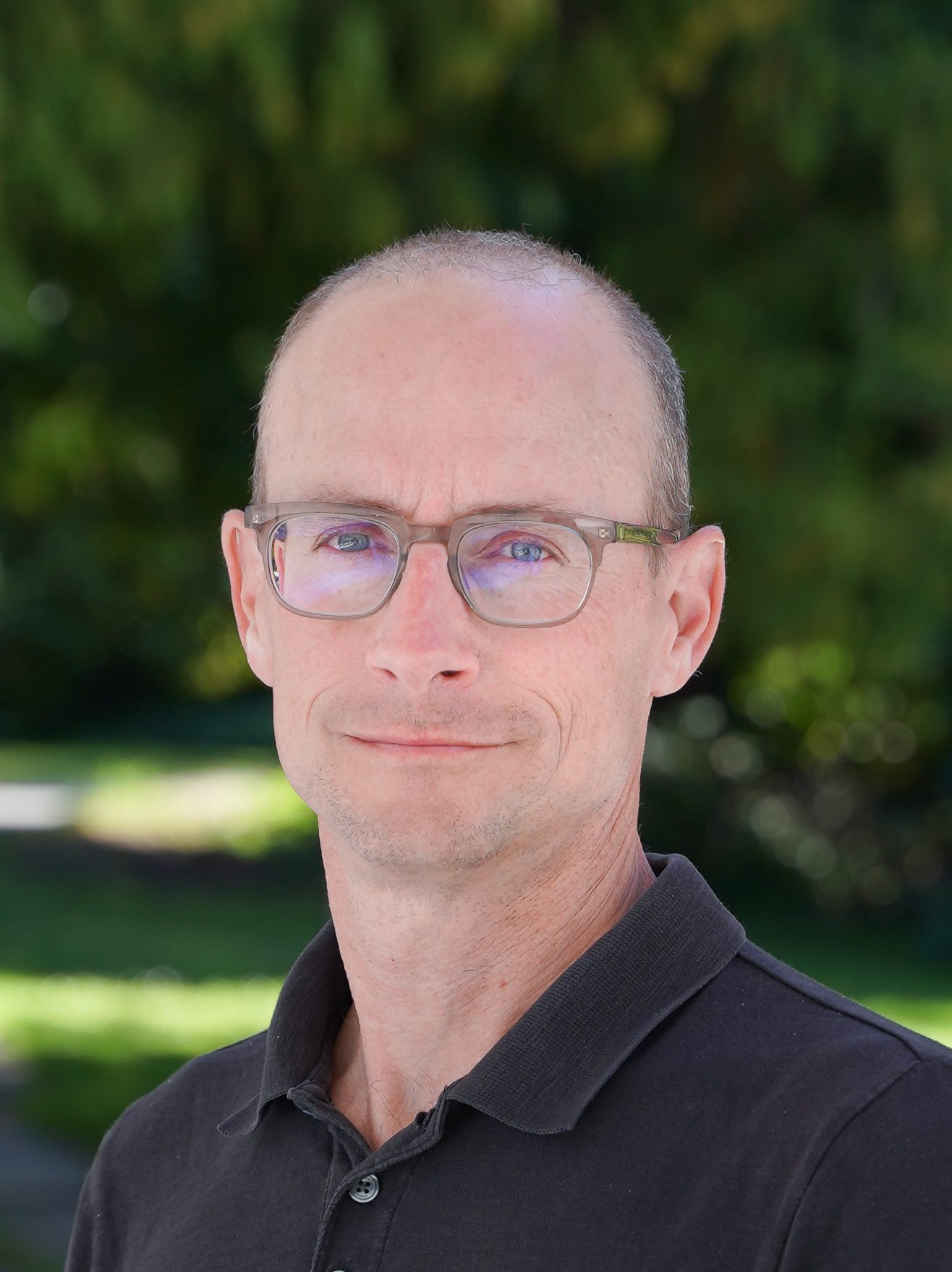Filter By
Individuals
 Data Projects Involved:1
Data Projects Involved:1 Vendors Involved:0
Vendors Involved:0Barni Nor is an affiliated researcher at the Department of Womens and Childrens health at Uppsala University, currently based in Kigali responsible for Sweden's Research Cooperation with Rwanda. Prior to her current position in Rwanda, Barni was lead health specialist for Sweden's health sector support to Somalia. Barni's primary research interests are in health equity and health systems research.
 Data Projects Involved:1
Data Projects Involved:1 Vendors Involved:0
Vendors Involved:0I am a Senior Research Advisor at the Embassy of Sweden in Ethiopia, where I support the Swedish Research Cooperation in the region, focusing on health, gender, and social accountability. I have over 18 years of experience in research and development, and I am passionate about improving population health and facilitating social inclusion through evidence-based policies and practices. I have a strong academic background in gender, health and displacement, health informatics, health policy and health promotion, with a Master of Public Health Sciences and a PhD in Applied Health Technology from Lund University and Blekinge Institute of Technology, respectively. I have published multiple articles in peer-reviewed journals on topics such as ICT-supported health communication, health literacy, migration, and lifestyle-related diseases. I am also a founder and senior gender advisor of Women in Global Health Somalia chapter, a global movement that advocates for women's leadership and gender equality in health. I am a visionary leader, a structured and efficient project manager, a skilled communicator, and a problem solver. I excel at working with diverse and cross-functional teams, building relationships and consensus, and delivering quality outcomes. I am always eager to learn, innovate, and share my knowledge and expertise with others. I invite you to connect with me and discover how I can contribute to your organization's mission and goals.
 Data Projects Involved:1
Data Projects Involved:1 Vendors Involved:0
Vendors Involved:0I conduct interdisciplinary health policy and systems research, aiming to improve the design, prioritisation, affordability and availability of essential health services for populations in humanitarian crises settings. Under this broad theme, my research fits into 3 areas: (1) health services provision and access; (2) health financing to improve health service delivery and equity; and (3) health policy implementation.
 Data Projects Involved:1
Data Projects Involved:1 Vendors Involved:0
Vendors Involved:0Mohamed A. Ali-Salad is a researcher at the SIDRA Institute. He has over five years of experience in research areas including migration health, health systems, and maternal and child health in Somalia. He holds a master’s degree in Biostatistics and Epidemiology from SRM Institute of Science and Technology. Mohamed is currently a fellow on Wits-Edinburgh Sustainable African Futures (WESAF) Doctoral Programme.
 Data Projects Involved:1
Data Projects Involved:1 Vendors Involved:0
Vendors Involved:0Alexander W Mbuya is working in a Kibong'oto Infectious Disease Hospital which is in Kilimanjaro, Tanzania. and Alexander W Mbuya is a versatile writer and researcher published many valuable papers in the specifiled field.
 Data Projects Involved:2
Data Projects Involved:2 Vendors Involved:0
Vendors Involved:0Patrick Fournier is a full professor in the department of political science at the Université de Montréal.
 Data Projects Involved:2
Data Projects Involved:2 Vendors Involved:0
Vendors Involved:0Fred Cutler (Ph.D. Michigan) does research in public opinion, elections, federalism, and political psychology. He is also an educational technology leader and a startup founder who teaches courses based on teamwork. Fred insists that you call him Fred, whoever you are. Fred has published in POQ, JOP, BJPolS, CJPS, Publius, Political Geography, Electoral Studies, and has chapters in various edited volumes. A recent research project involves lab experiments to understand the effects of different numbers of political parties on voters and their satisfaction with democracy (electoraldemocracy.com). He received SSHRCC funding on a project called Polls and Elections. His earlier research focused on the effect of federalism on political behaviour and government accountability. Much of his work has investigated the influence of the local social and economic environment on how people think about politics. Fred was one of four investigators on the Canadian Election Study 2011 and 2015, the flagship academic survey on Canadian public opinion and voting behaviour.







